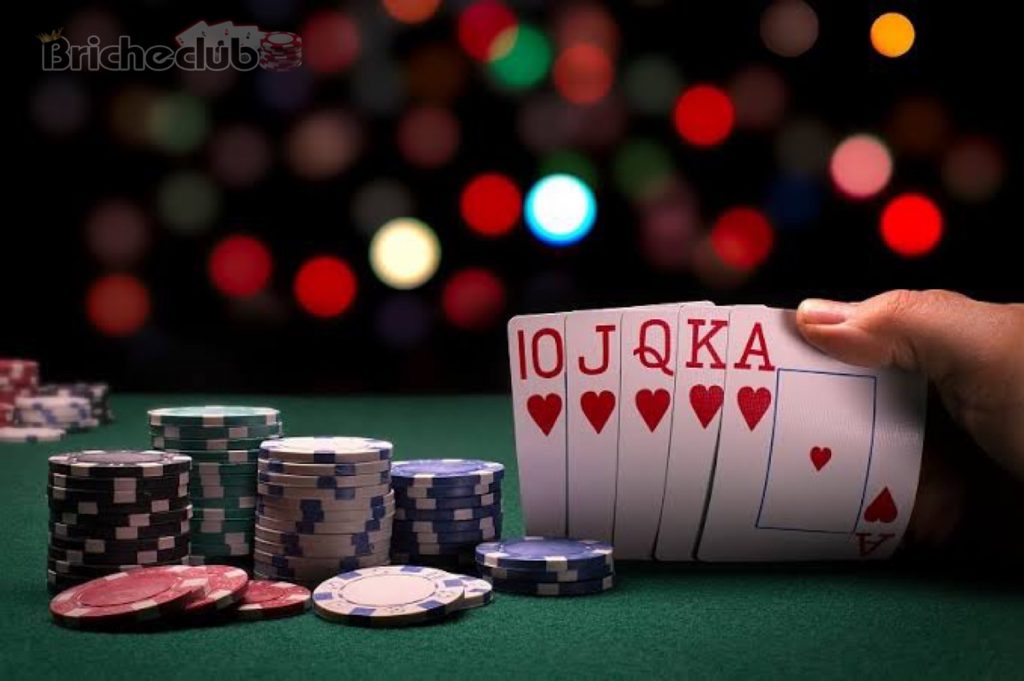Ever wonder what the killer hand is? How do you know if the poker hand you’re holding is the greatest? According to expert poker players, there are a few clues you can look for, if you want to know if you have the greatest hand. ufabet356
1. Has the flop helped you?
If you have a good hand, you want to know if the flop has helped you or not. Usually a flop like 9-7-2 is a great flop for you, with your opponents probably having something like A-5 or 5-4, so if they’ve connected with the flop you should keep the pot size small. On the other hand, if you have the worst hand (12-seat on the first column, 2-7 on the next column) and the flop has not helped you, you should keep the pot small on your turn or your river.
2. How much are you willing to bet, and what are your opponents holding?
You want to know if your opponents are holding something strong or not, so you can raise or fold. You don’t want to commit to a large bet without at least seeing the flop, or you may find you’ve mis-read the flop.
3. How many players are in the pot?
If you’re in the blinds and flop a miracle card, like a third heart, you want to wait for the turn to raise before you make a large bet. Players in the blinds often don’t have the bankroll to give you that great of a raise – and then you find yourself with a ton of money in the pot.
If you’re in the raised blinds, you want to raise with any draw, unless the board is dangerous (ain’t no aces, etc) You also want to raise with any hands that may have some value postflop, like suited connectors, gappers, small and medium pocket pairs, etc, but don’t become too aggressive in these situations unless you have a compelling reason to do so (like your opponent check-raising you).
4. How many players are in the pot?
If you’re in late position and you have the best hand, you should raise. Late position is the best position to be in a poker hand. If you raise in early position, you have a better idea of what the other players have. You don’t want to be in the blinds or first to act with a good hand. Everyone behind you knows that you’re willing to raise with any hand, so if someone bets you should call them, and the same goes for calls. It’s also a good idea to raise or reraise a late position raiser, especially if you’re in a heads up situation. Since you have less information than your opponents, you may want to bet around half to 3/4 of the pot.
In general, the more people in the pot, the less you want to bet. If you have a drawing hand, it’s a good idea to slow play and get as many people involved as possible. You don’t want to scare someone away with a mediocre hand.
Late position is the best spot toatten your game. You can afford to pick up and play mediocre hands, since there are less players in the pot. You should also become adept at picking up and playing negative implied odds hands. You can see more cards in late position, which is your intention when you’re in late position. You want to be the player that calls a lot of bets in late position. There’s nothing wrong with calling, but you want to make sure you’re picking up the right pot odds to do so.
Being the person that calls a lot of bets doesn’t equal winning. You need to be playing with other people’s hands, and not your hand. Just focus on other people’s tendencies: if they raise a lot in early position, you should avoid calling them in late position. Essentially, you’re just calling to see the flop, since you’re so sure you have the best hand.
Be wary of bluffing. Everyone knows when to bluff, but you don’t want to make it a habit.
When to bluff:
Bolding is a big part of any players’ game, and you should learn to use it effectively against your opponents. Sometimes to bluff is a necessary action, since your hand is probably not strong enough to take the risk (especially if it’s a risky move such as a continuation bet). In other cases, you can simply bet strong to take down a pot.
The actual implementation of your bluffing skills largely depends on your opponents. Against loose players, you can often scare them out of the pot with a consistent bet.
SPONSORED BY pethome.club

